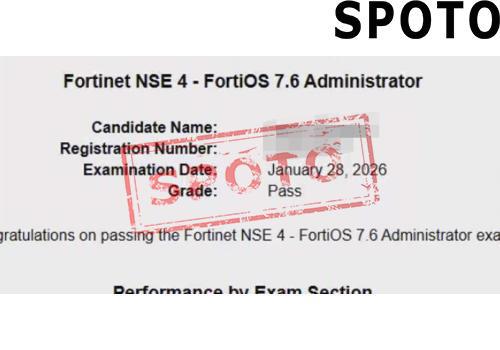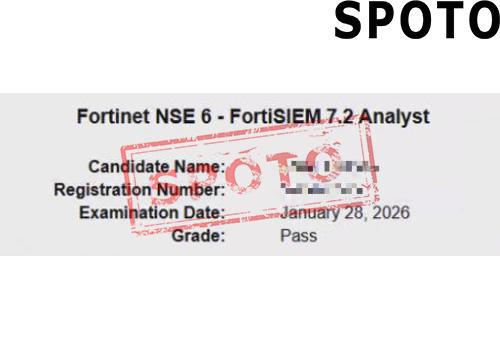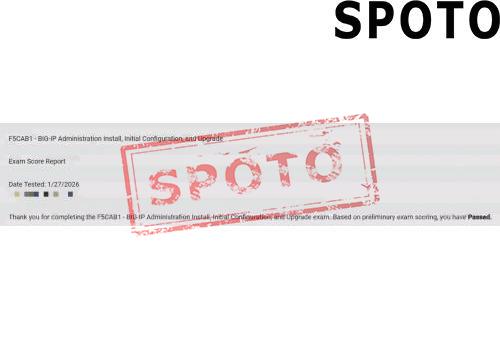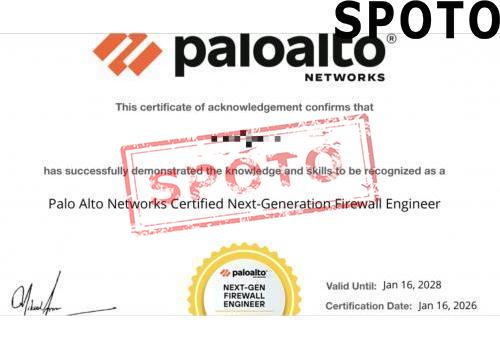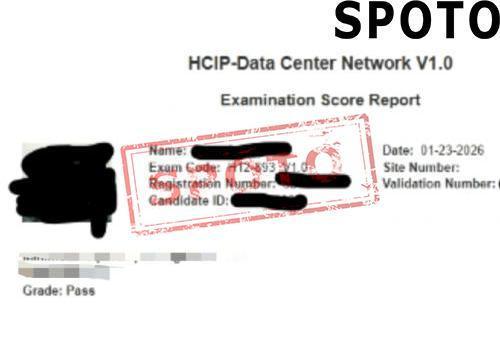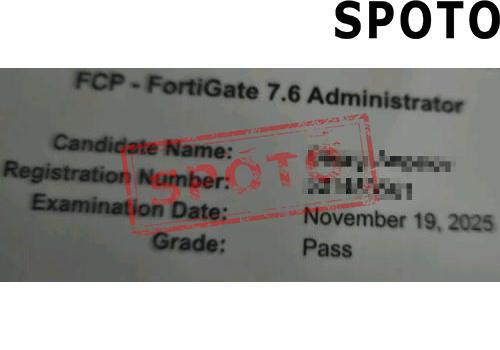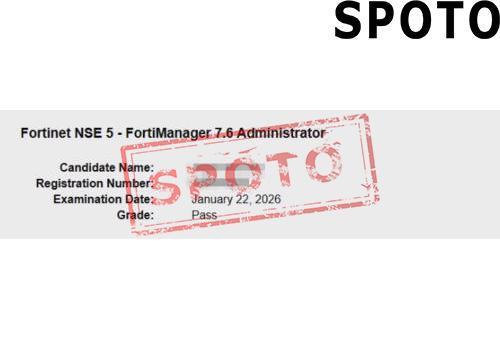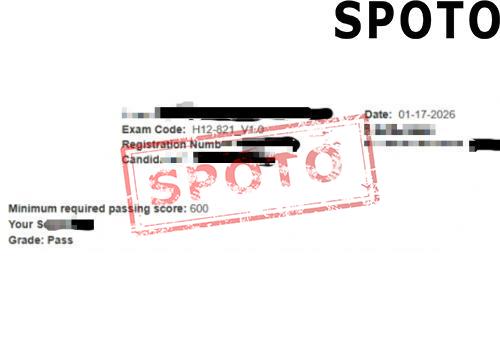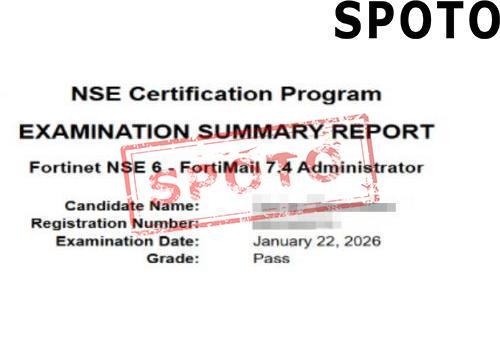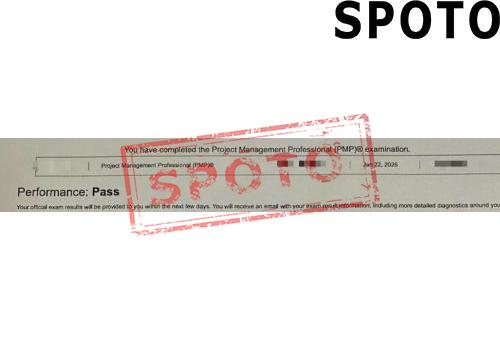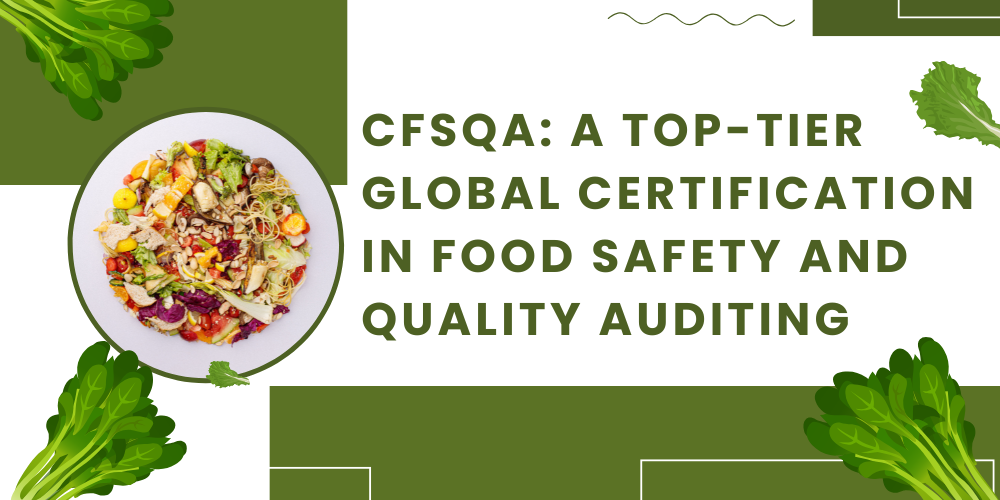
Table of Contents
- 1. Introduction to the Certified Food Safety and Quality Auditor certification
- 2. The Competitive Edge of CFSQA Certification
- 3. Core Components of the CFSQA Certification
- 4. What are the requirements to be an ASQ Certified Food Safety and Quality Auditor?
- 5. Comparable Certifications to ASQ Certified Food Safety and Quality Auditor Certification
The ASQ CFSQA Certification is a top-level certification that focuses on compliance auditing and risk management capabilities throughout the entire food lifecycle.
1. Introduction to the Certified Food Safety and Quality Auditor certification
ASQ Certified Food Safety and Quality Auditor Certification (CFSQA) is a globally authoritative food industry special certification issued by the American Quality Association, focusing on verifying the professional qualifications of practitioners to independently perform food lifecycle safety and quality system audits, evaluate their compliance, effectiveness, and risk management capabilities.
CFSQA is the "gold standard" in the field of safety and quality audit in the food industry, aimed at cultivating professional audit talents who can adapt to the special requirements of the food industry. It is a key professional credential for entering the core positions of quality and safety in food enterprises and third-party audit institutions.
The food industry is directly related to public health, and its safety and quality control need to meet both general quality management requirements and food specific regulatory standards, covering the entire chain of risk prevention and control from the source to the dining table. The core pain points include microbial contamination, chemical residues, cross contamination of allergens, label compliance, etc.
The core positioning of CFSQA certification is to cultivate "independent and objective professional audit practitioners in the food industry," who are not simply document verification personnel, but can be proficient in food safety and quality standards and regulations, design full chain audit plans, accurately identify safety and quality risks and non-compliance items in production and operation through on-site verification, process evaluation, and data validation, promote enterprise system optimization, reduce safety accident risks, and meet global regulatory and consumer trust requirements.
When conducting food safety and quality system audits for dairy companies, the certificate holder will develop a full process audit plan covering milk source acceptance, production and processing, sterilization, cold chain storage, and finished product inspection; identify issues such as cross contamination of allergens and inaccurate labeling of nutritional components, issue audit reports, and propose targeted improvement suggestions to assist enterprises in complying with national food safety laws and industry standards.
2. The Competitive Edge of CFSQA Certification
CFSQA certification is a globally recognized top-level safety and quality audit certification in the food industry. The ASQ brand has a high degree of recognition among multinational food companies and regulatory agencies. When recruiting for core positions in food auditing and compliance, it is often listed as a "priority or necessary condition," especially for third-party testing and auditing agencies and large food groups recruiting auditors, which is a core admission qualification. Internationally, the average annual salary of certified individuals is 25%-40% higher than that of uncertified individuals.
CFSQA certification covers the core requirements of the entire food chain audit, integrating special industry points such as microbial prevention and control, allergen management, and cold chain safety. After passing, it can prove the ability to independently perform professional food audits, accurately identify safety and quality risks and compliance loopholes, and reduce risks such as sampling failures and recalls for enterprises. It can undertake core audit projects without relying on external experts.
Holders of the certificate can join the ASQ global membership community to access the latest food regulatory updates, audit best practices, and industry benchmark cases; prioritize participation in ASQ International Food Safety Conference and special seminars, connect with global food quality audit expert resources, expand professional horizons and high-end cooperation opportunities.
3. Core Components of the CFSQA Certification
For practitioners committed to establishing professional authority in the field of quality and safety in the food industry, food lifecycle safety and quality audit certification is a highly valuable qualification certification.
CFSQA certification focuses deeply on the full chain safety management system of food from raw materials to consumer terminals, aiming to systematically verify whether you have the complete knowledge system and practical ability required to perform food quality and safety audits in accordance with global mainstream regulatory standards.
The food regulatory standard system requires you to be proficient in global mainstream regulations such as ISO 22000, HACCP, and the Chinese Food Safety Law, as well as to master the special standard requirements in sub fields, in order to establish a solid regulatory foundation for audit practice.
The basic module of the quality management system requires you to have a deep understanding of the implementation logic of core elements such as HACCP seven principles, prerequisite plans, CAPA, etc. in food enterprises, and be able to identify differentiated audit priorities based on different food types and business models.
As the core of certification, you will master the full chain audit technology from source acceptance, production process control to circulation and warehousing, with special attention to key control point monitoring, cold chain integrity and other unique links in the food industry.
The risk control special audit requires you to have the ability to comprehensively analyze the hazards of the audit enterprise, and to focus on verifying the effectiveness of control measures for high-frequency risk points in tthe food industry.
You will learn to develop a specialized food audit plan and collect evidence through on-site observation, sampling verification, and other methods, ultimately forming a professional audit report focusing on food safety risks. Regulatory response and continuous improvement require you to master the skills of assisting enterprises in responding to regulatory inspections, and be able to use tools such as PDCA to promote the continuous optimization of quality and safety systems.
In summary, obtaining CFSQA certification not only demonstrates your expert level ability to conduct food safety audits throughout the entire food chain in accordance with international standards, but also showcases your professional value as a food safety "gatekeeper."
4. What are the requirements to be an ASQ Certified Food Safety and Quality Auditor?
(1) Qualification prerequisites:
The prerequisite for obtaining ASQ Certified Food Safety and Quality Auditor Certification is that you need to possess
- Bachelor's degree or above and 4 years of full-time work experience in food industry safety and quality auditing or related fields;
- College degree with 5 years of full-time work experience in food industry safety and quality audit or related fields;
- High school/vocational school degree with 8 years of full-time work experience in food industry safety and quality audit or related fields
And work experience should involve core aspects of food safety and quality audit, with priority given to industry experience in food production and processing, catering, food supervision, or third-party audit experience.
(2) Training and examinations:
ASQ Certified Food Safety and Quality Auditor Certification consists of 175 Single choice question questions and 25 predictive questions. The exam lasts about 4 hours. Full score of 750, passing with a score of 550 or above;
The exam fee is approximately $498 for ASQ members and $698 for non-members.
(3) Qualification maintenance:
The CFSQA certificate is valid for 3 years, and you need to accumulate 30 Continuing Education Units (CEUs) during the validity period, submit a renewal application, and pay the renewal fee.
5. Comparable Certifications to ASQ Certified Food Safety and Quality Auditor Certification
- IRCA Certified Food Safety Auditor
- IFSQN Certified Food Safety Management System (FSMS) Auditor
- CCAA Certified Food Safety Management System Auditor
- BRCGS Food Safety Auditor Certification
